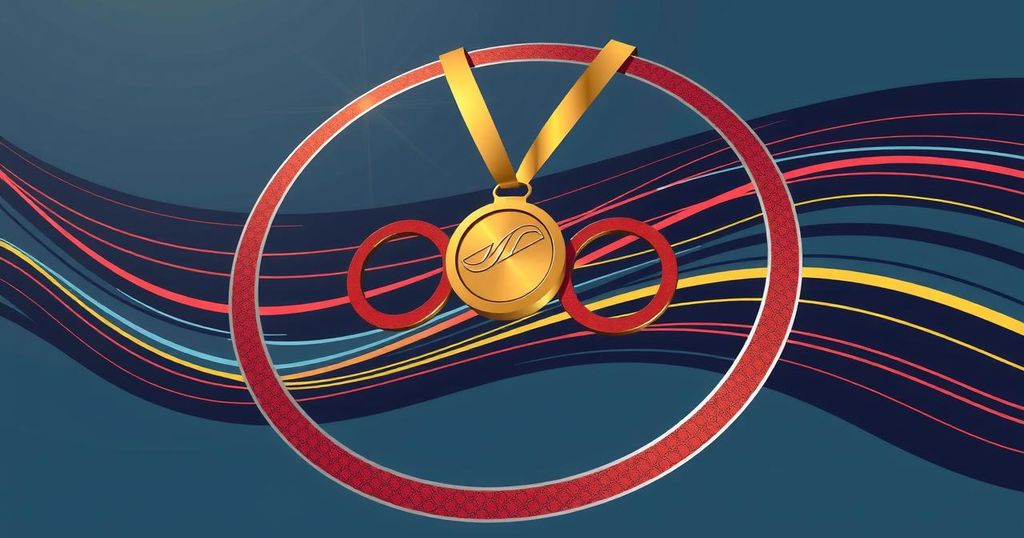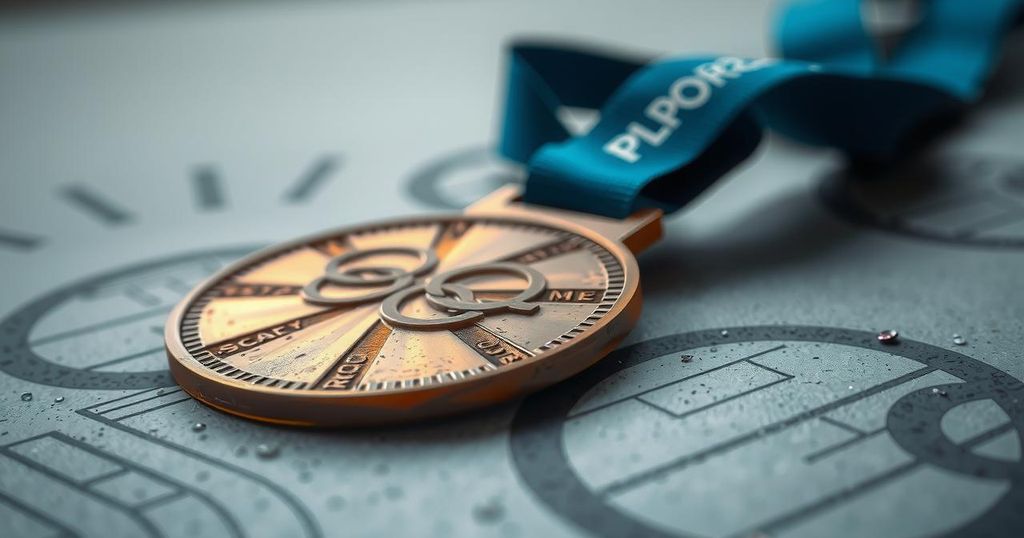Modern Pentathlon’s Transformation Ahead of LA 2028 Olympics
The Modern Pentathlon is set to undergo significant changes as it transitions from the Paris 2024 to the Los Angeles 2028 Olympic Games. Show jumping will be replaced with obstacle racing to attract new athletes and audiences, responding to modern challenges faced by the sport. UIPM President Klaus Schormann expressed optimism regarding the upcoming changes and their potential to rejuvenate interest in the event.
The Modern Pentathlon is poised for a transformative journey between the Paris 2024 and Los Angeles 2028 Olympic Games, embracing new elements intended to invigorate the sport and engage a broader audience. Established at every Olympic Games since 1912, the Modern Pentathlon has undergone only slight changes; however, the upcoming transitions signal a significant shift. Notably, the equestrian component of show jumping will be retired at Paris 2024, making way for obstacle racing – a sport popularized by global television sensations like ‘Ninja Warrior’. This exciting competition will complement the existing events of fencing, swimming, and the renowned laser run. The origins of Modern Pentathlon trace back to the ideals of Pierre de Coubertin, the founder of the Modern Olympics, who sought to replicate the skill set of the ancient Greek pentathlete. This historical context underscores the evolution and necessity of updating the event for contemporary relevance. The decision to eliminate show jumping stems from its complications, which heightened costs and safety issues, particularly highlighted during the Tokyo 2020 Games when a disturbing incident involving a horse was captured on camera. As a result, the International Olympic Committee (IOC) required the Modern Pentathlon Federation (UIPM) to find a suitable replacement to ensure its placement in the LA 2028 Olympic program, leading to the approval of obstacle racing. GamesBids.com engaged with UIPM President Klaus Schormann, who expressed overwhelming satisfaction with the success of Paris 2024. He noted, “We absolutely exceeded our own expectations. Quite simply, the Olympic Games Paris 2024 were a groundbreaking success for the sport of Modern Pentathlon.” Schormann emphasized the importance of ushering in this new era, stating that obstacle racing would attract a diverse demographic of young athletes globally. He acknowledged that while athlete turnover is commonplace between Olympic cycles, feedback from Paris indicated a strong desire among athletes to continue competing and embrace the evolution of the sport. Additionally, Schormann remains optimistic about enhancing promotional efforts leading up to LA28, anticipating that the synergy of obstacle racing with the excitement of Hollywood would significantly engage spectators worldwide. As for event venues in Los Angeles, while still undisclosed, Schormann assured that they would be state-of-the-art and offer compelling experiences for athletes and fans alike. This commitment aligns with the UIPM’s ongoing efforts to honor the legacy of its founder and adapt to modern dynamics.
The Modern Pentathlon, a blend of five different sports, has been an enduring fixture in the Olympics since its inception in 1912. Historically centered around events that showcase a soldier’s prowess, it has maintained a focus on demonstrating versatility and skill over the years. The decision to replace show jumping with obstacle racing comes in response to ongoing challenges associated with the equestrian component, particularly in regard to cost and public perception. The IOC’s involvement highlights the need for evolving sports to remain viable in a modern context, ensuring their alignment with audience expectations and safety standards. The shift towards obstacle racing is expected to open up the sport to a more diverse group of athletes and engage a new generation of fans, reflecting broader trends in sports entertainment.
In conclusion, the evolution of Modern Pentathlon by incorporating obstacle racing marks a significant milestone, reflecting both the sport’s historical roots and contemporary demands. The removal of show jumping aims to simplify the competition and enhance athlete safety and accessibility. With the support of UIPM leadership and positive feedback from competing athletes, the transition to LA 2028 promises not only to revitalize Modern Pentathlon but also to engage a wider international audience. This strategic change is indicative of the sport’s willingness to adapt while upholding its esteemed traditions.
Original Source: gamesbids.com








Post Comment